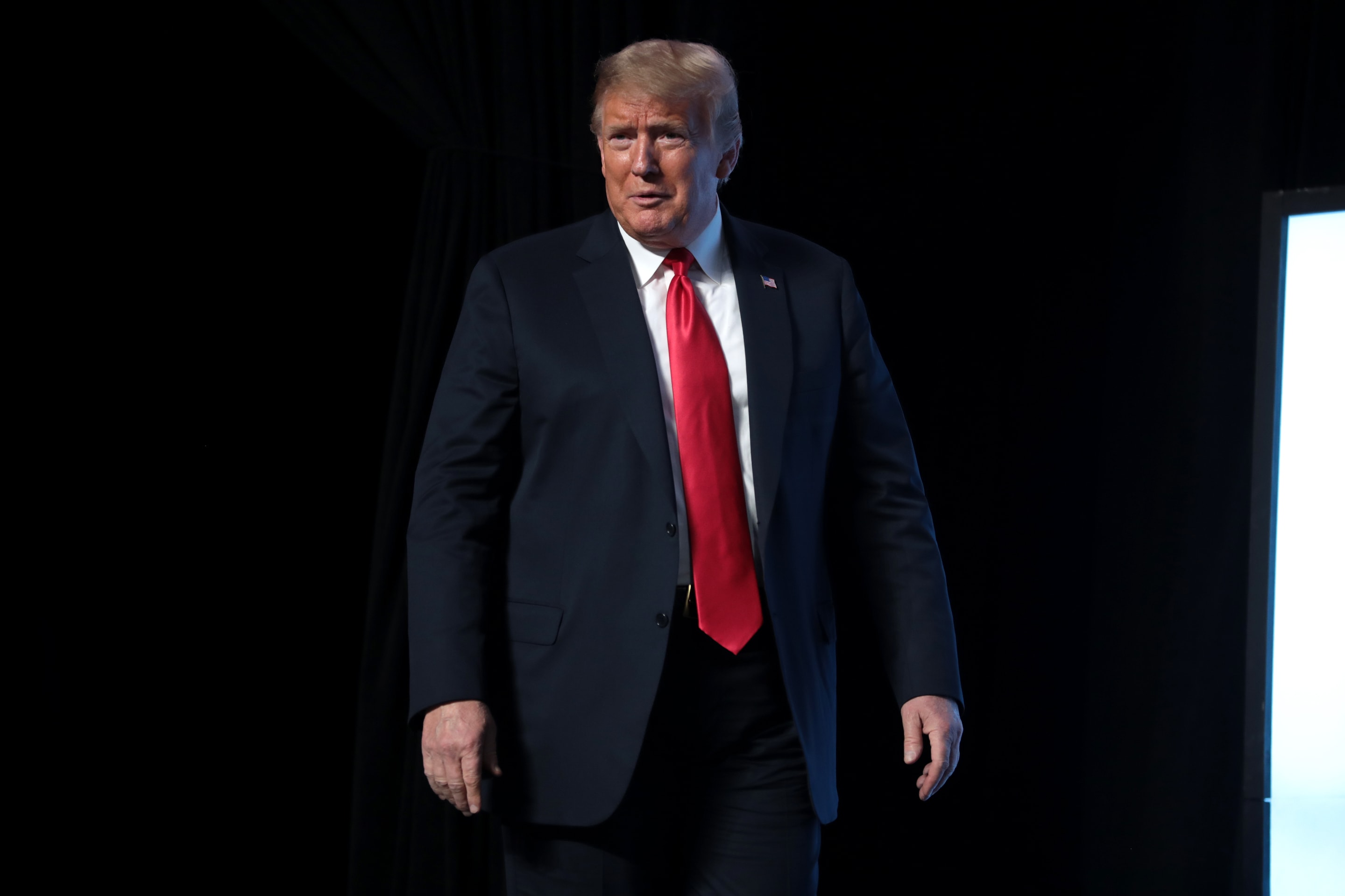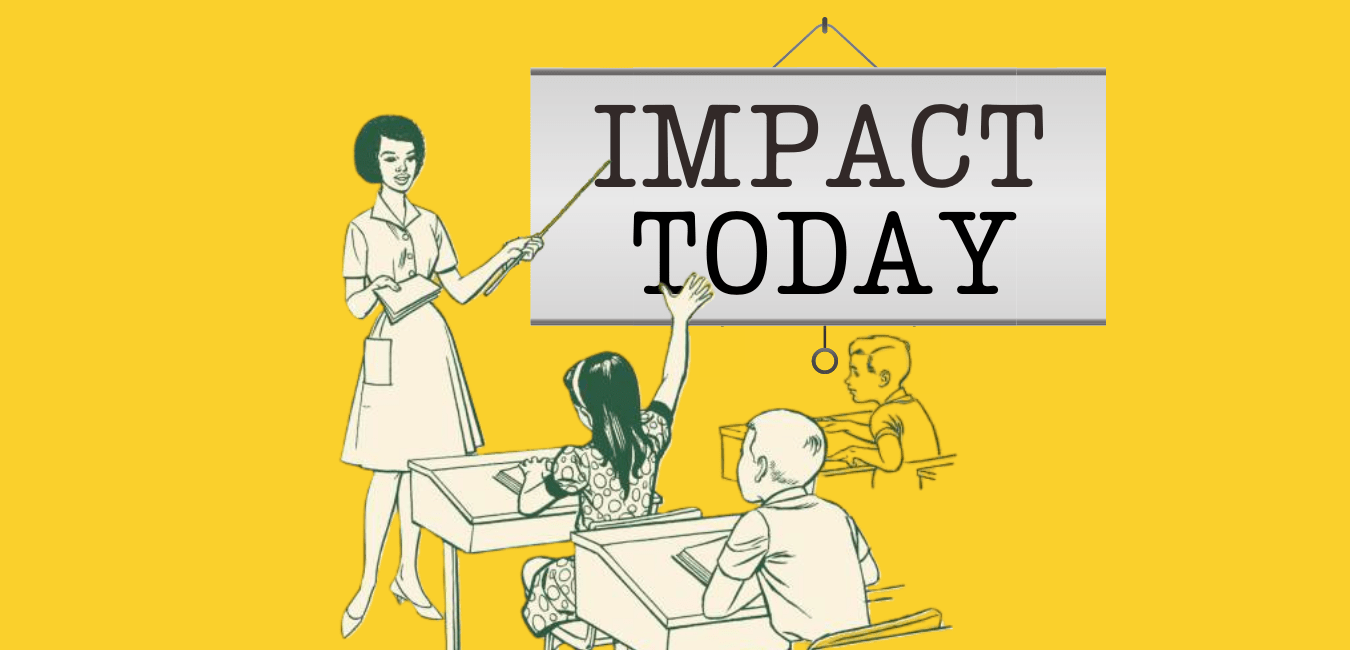
Should People be Automatically Registered to Vote at the DMV? (H.R. 645)
Do you support or oppose this bill?
What is H.R. 645?
(Updated August 25, 2021)
This bill would require state motor vehicle authorities (MVAs) to transmit certain identifying information of an individual requesting MVA services to the appropriate state election official so that the individual can be automatically registered to vote.
State election officials would then be directed to notify the individual that unless they opt out within 21 calendar days of the notice, they will be automatically registered to vote unless:
-
The official determines that the individual does not meet voter registration eligibility requirements; or
-
The individual is already registered to vote.
A state may not use any identifying information regarding an individual’s citizenship status for any purpose other than determining whether the individual is eligible to vote in federal elections.
This bill would include a "loopback provision" that'd require state election officials to apply its registration provisions to all voting-eligible citizens who obtained services from motor vehicle registries up to two years prior to this bill's enactment.
This bill would apply to all 50 U.S. states, the District of Columbia, and U.S. territories.
Argument in favor
Automatically registering eligible voters when they visit a DMV makes the registration process effortless for voters, which in turn will increase turnout.
Argument opposed
Americans who want to vote are perfectly capable of registering to vote on their own. States don't need to do it for them whenever they go to the DMV.
Impact
All Americans who visit a state MVA and would be automatically registered to vote; state motor vehicle authorities; and state election officials.
Cost of H.R. 645
A CBO cost estimate is unavailable.
Additional Info
In-Depth: This bill is part of the Democrats' For the People Act, sponsored by Rep. John Sarbanes (D-MD). When the For the People Act was introduced in January 2019, this bill's original author, Rep. Cicilline (D-RI) said:
“Under Republican rule, the system has been rigged against working people. The American people are sick and tired of corruption and mismanagement in Washington. That’s why they gave Democrats a majority in the U.S. House – to clean up the mess. I’m excited that our first order of business is to fix what’s wrong in our political system. I thank Congressman Sarbanes for his leadership. I look forward to working with him to pass this bill and send it to the Senate.”
There is nothing more essential to our democracy than the right to vote. It is indeed, the very basic tenet of self-government. Yet, in 2016, at least 32.6 million eligible Americans were not registered to vote, and thus unable to cast a ballot. The expansion of voting rights is a top priority in the 116th Congress... According to the Federal Highway Administration, approximately 87 percent of driving age Americans possess a driver’s license, and 89 percent of Americans possess a government issued ID according to the Brennan Center for Justice at New York University School of Law. The Automatic Voter Registration Act would require state motor vehicle registries to submit identifying information of individuals who obtain services from the registry to the state’s election official, who will automatically register all eligible individuals to vote in federal elections. This bill would provide individuals with the opportunity to opt out of having their names added to voter lists, and would ensure that any and all information that is shared with election officials is used solely for the purpose of determining an individual’s eligibility to vote."
For the People Act, Rep. Sarbanes said:
"As Chair of the DPCC and as Vice Chair of the Democracy Reform Task Force, David Cicilline has been a crucial partner in developing H.R. 1, the For the People Act – a once-in-a-generation opportunity to clean up Washington and return to government of, by and for the people. His leadership on reform issues – especially when it comes automatic voter registration and campaign finance transparency and disclosure – is a key reason why we’ve been able to present the American people with such a robust and sweeping set of reforms to end the dominance of big money in politics, make public officials actually serve the public, and make it easier, not harder, to vote.”
Last Congress, Rep. Cicilline (D-RI) introduced this bill from the 114th Congress to significantly increase the number of registered voters by requiring states to automatically register eligible voters unless the voter opts out. He offered the following statement when introducing this bill's predecessor in the 114th Congress:
“Today, too many politicians are trying to make it harder than ever for citizens to make their voices heard at the ballot box. The Automatic Voter Registration Act will protect the right to vote and expand access for eligible voters across the United States. I thank my colleagues who have co-sponsored this important legislation that helps to expand one of our most essential rights as Americans.”
Automatic voter registration's proponents argue that it removes barriers to registration for eligible voters, thereby eliminating one of the first barriers to voter participation. By registering through a routine and necessary transaction, voters won't have to worry about registration deadlines or application submissions — they are, in a sense, "automatically enfranchised."
Automatic voter registration proponents also argue that this practice leads to cleaner voter registration rolls, because the process updates existing registrations with current addresses. This, in turn, would lead to more efficient elections with less use of costly provisional ballots. Some automatic voter registration proponents also expect it to lead to higher voter turnout — however, evidence supporting this conclusion isn't yet available.
The Brennan Center for Justice, which supports automatic voter registration, writes:
"Automatic voter registration (AVR) is an innovative policy that streamlines the way Americans register to vote. AVR makes two simple, yet transformative, changes to the way our country has traditionally registered voters. First, AVR makes voter registration “opt-out” instead of “opt-in”—eligible citizens who interact with government agencies are registered to vote or have their existing registration information updated, unless they affirmatively decline. Again, the voter can opt-out; it is not compulsory registration. Second, those agencies transfer voter registration information electronically to election officials instead of using paper registration forms. These common-sense reforms increase registration rates, clean up the voter rolls, and save states money... Our current voter registration systems are onerous and outdated. Too often, registration stands as a significant obstacle to access to the ballot. AVR offers a new way forward that can help to open access to the franchise and improve American democracy."
Opponents of automatic voter registration argue that the government shouldn't be in the business of telling citizens what to do, or that they have to be registered to vote. They may see automatic voter registration as an infringement upon the First Amendment right to free speech, particularly in states that provide the "opt-out" choice by mail after the fact (i.e., Oregon and Alaska). They also question whether opt-out forms that are sent and received through the mail are sufficient to ensure people can decline to register, and also question whether the process can adequately filter out noncitizen who are able to obtain state identification cards legally, but who aren't eligible to vote. Finally, automatic voter registration's opponents argue that more voter registration doesn't necessarily lead to higher turnout.
There are 115 Democratic cosponsors of this bill in the current session of Congress. This bill had 148 Democratic cosponsors in the House in the 115th Congress, and didn't receive a committee vote.
Of Note: Since the National Voter Registration Act's (commonly referred to as "Motor Voter") passage in 1993, federal law has required motor vehicle agencies in 44 states and the District of Columbia to provide voter registration services to eligible citizens.
As an extension of motor voter laws, numerous states have considered legislation or ballot measures that would lead to voters being registered automatically. As of December 2018, 17 states and the District of Columbia had authorized automatic voter registration. Some have implemented automatic voter registration through their respective Dept. of Motor Vehicles (DMV), and others through other state agencies. Alaska has implemented its automatic voter registration through the Permanent Fund Dividend (PFD).
Media:
- Sponsoring Rep. David Cicilline (D-RI) Press Release
- Sponsoring Rep. David Cicilline (D-RI) Dear Colleague Letter
- Sponsoring Rep. David Cicilline (D-RI) Press Release (Previous Version)
- Sponsoring Rep. David Cicilline (D-RI) Tweet
- The Hill (Previous Version)
- Huffington Post (Previous Version)
- MSNBC
- Brennan Center for Justice (Context, In Favor)
- ThinkProgress (In Favor)
- Narragansett Times
- National Conference of State Legislatures (Context - PDF)
- National Conference of State Legislatures (Context)
- Countable (Related Bill)
(Photo Credit: Kameleon007 / iStock)
The Latest
-
 How To Help Civilians in UkraineHeavy shelling and fighting have caused widespread death, destruction of homes and businesses, and severely damaged read more... Public Safety
How To Help Civilians in UkraineHeavy shelling and fighting have caused widespread death, destruction of homes and businesses, and severely damaged read more... Public Safety -
 The Latest: Israel Evacuates Rafah, Palestinian Place of RefugeUpdated May 6, 2024, 12:00 p.m. EST The Israeli military is telling residents of Gaza who have sought shelter in Rafah to read more... Israel
The Latest: Israel Evacuates Rafah, Palestinian Place of RefugeUpdated May 6, 2024, 12:00 p.m. EST The Israeli military is telling residents of Gaza who have sought shelter in Rafah to read more... Israel -
 Trump Hush Money Trial Enters Third Week, Strategy to ‘Deny, Deny, Deny’Updated May 6, 2024, 11:00 a.m. EST The criminal trial to determine whether Trump is guilty of falsifying records to cover up a read more... Law Enforcement
Trump Hush Money Trial Enters Third Week, Strategy to ‘Deny, Deny, Deny’Updated May 6, 2024, 11:00 a.m. EST The criminal trial to determine whether Trump is guilty of falsifying records to cover up a read more... Law Enforcement -
 IT: Battles between students and police intensify, and... 💻 Should we regulate AI access to our private data?Welcome to Thursday, May 2nd, listeners... The battle between protesters and police intensifies on college campuses across the read more...
IT: Battles between students and police intensify, and... 💻 Should we regulate AI access to our private data?Welcome to Thursday, May 2nd, listeners... The battle between protesters and police intensifies on college campuses across the read more...
 Climate & Consumption
Climate & Consumption
 Health & Hunger
Health & Hunger
 Politics & Policy
Politics & Policy
 Safety & Security
Safety & Security
